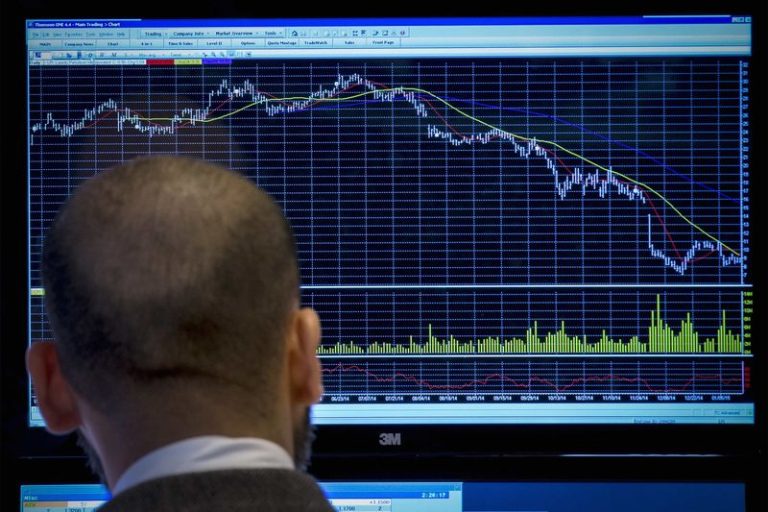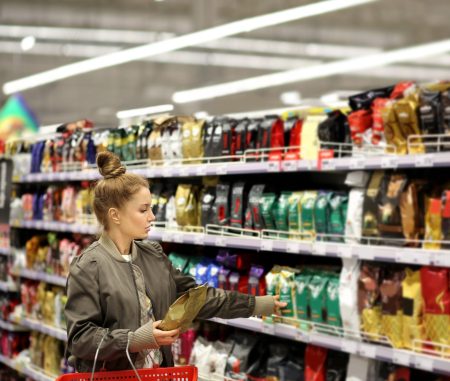By Abhirup Roy
LAS VEGAS (Reuters) – Global auto suppliers are working out how much of their production can be moved to the United States, or closer to it, as a defense against tariffs promised by President-elect Donald Trump, according to industry executives at CES in Las Vegas.
The auto industry has already experienced eight years of U.S. protectionism, from real and threatened tariffs during Trump’s first term and then more tariffs and the U.S. Inflation Reduction Act under President Joe Biden. Most of those measures were aimed squarely at China, in particular a proposal by the Biden administration to bar Chinese software and hardware from cars on U.S. roads.
But Trump has vowed to go much further, imposing a blanket tariff of 10% on global imports into the United States and a far higher 60% tariff on Chinese goods. In late November, he specifically pledged a 25% tariff on imports from Canada and Mexico when he takes office on Jan. 20.
Such high tariffs would be hard to pass on to consumers and would render many auto parts produced in lower-cost markets uneconomical, or in the case of China make it virtually impossible to sell products in the U.S.
“Anyone can do the math,” Paul Thomas, North American president for Bosch (NS:), the world’s largest car parts supplier, told Reuters. “If it’s 10%, 20%, 60% (tariffs) … you have to say, ‘OK, how many scenarios make sense for that and which ones do we act on?'”
“We’ve already started on a few of those even before he (Trump) will take office.”
Speaking on the sidelines of the CES tech conference, Thomas gave a theoretical example of a generic electronic control unit that Bosch might currently make in Malaysia or a similar market, but now “we’re looking at doing that in Mexico or Brazil … areas where we have a footprint already,” he said.
Bosch is waiting until Jan. 20 to see what actually happens before it makes any “significant decisions,” Thomas added, a point echoed by other suppliers and automakers.
During his first term, Trump used the threat of tariffs against specific countries or even individual automakers to prod them into boosting U.S. production.
When Toyota (NYSE:) announced plans to produce the Corolla sedan in Mexico for U.S. consumers in early 2017, Trump took to Twitter, now known as X, saying “NO WAY! Build plant in U.S. or pay big border tax.”
Within a year, Toyota announced a joint $1.6 billion plant in Alabama with Mazda instead and Trump declared victory.
‘NO. 1 OBJECTIVE’
Major suppliers responded to U.S. protectionism and massive supply-chain shocks during the coronavirus pandemic by localizing production to avoid parts shortages or the risk of border taxes.
That process accelerated after the Biden administration passed the IRA. That law was more carrot than stick, encouraging a swarm of suppliers including Britain’s Dowlais to invest more in the U.S. market as they pursued contracts with automakers seeking EV subsidies – though the incoming Trump administration aims to dismantle parts of the IRA.
Nikolai Setzer, CEO of Continental, told Reuters that after years of localizing more production in each region where it operates to serve nearby customers, the German supplier is more “underexposed than the rest of the automotive industry or our competitors.”
But Continental is talking to its suppliers in North America about whether alternative local components are available for parts so the company can avoid tariffs. “Wherever we can further localize, and it makes sense, we will do it.”
Honda (NYSE:)’s production capacity in Mexico is about 200,000 vehicles annually and 80% of them are exported to the U.S. market.
Speaking at a roundtable at CES, Honda Executive Vice President Noriya Kaihara said that depending on tariff levels, “we might have to consider that we’re maybe changing production location … from Mexico to Japan, or Mexico to somewhere else.”
“We have not formalized what we can do, but we are elaborating what we will be able to do,” Kaihara added.
The possibility of fresh high tariffs on goods from China has added fresh impetus to suppliers looking to find alternative sources. Panasonic (OTC:) Energy, which supplies EV batteries to Tesla (NASDAQ:), has already been working to shift more of its supply chain to North America including via supply deals with synthetic graphite anode materials producer Novonix and Canadian natural graphite manufacturer Nouveau Monde Graphite.
But Allan Swan, Panasonic Energy’s North American president, told Reuters that with Trump due to take power the company is accelerating plans to eliminate all Chinese content from its U.S.-made batteries.
Swan said Chinese materials currently make up a small portion of its supply chain, but the aim is “not to have the supply chain dedicated from China.”
“That’s the No.1 objective,” he added.
Read the full article here









